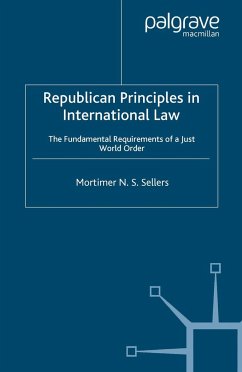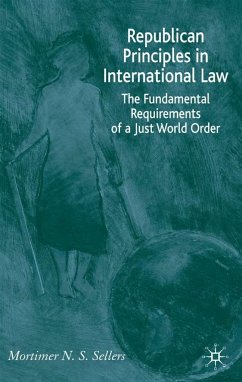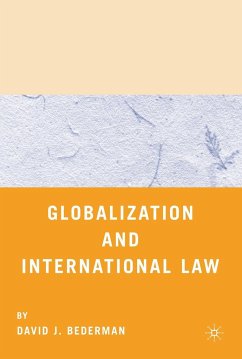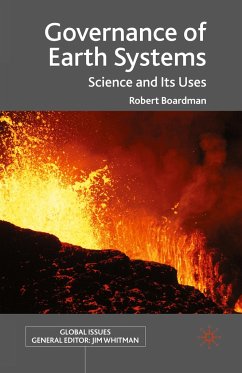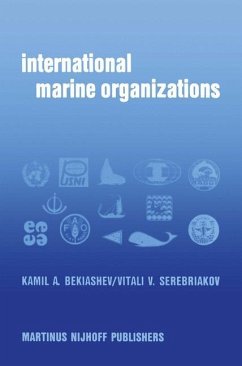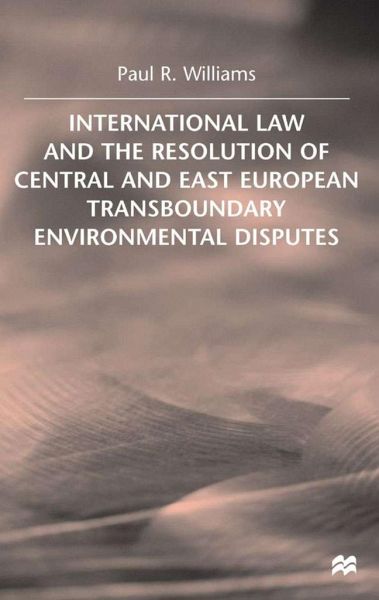
International Law and the Resolution of Central and East European

PAYBACK Punkte
52 °P sammeln!
This book takes an interdisciplinary approach to the question of what role international law plays in promoting a resolution of Central and East European transboundary environmental disputes. The author examines a wide variety of environmental disputes in Central and Eastern Europe, with particular emphasis on the Gabcíkovo-Nagymaros Project dispute between Slovakia and Hungary, and melds international legal theory and international relations theory to develop an analytic framework for understanding the role of law and assessing its future application.






